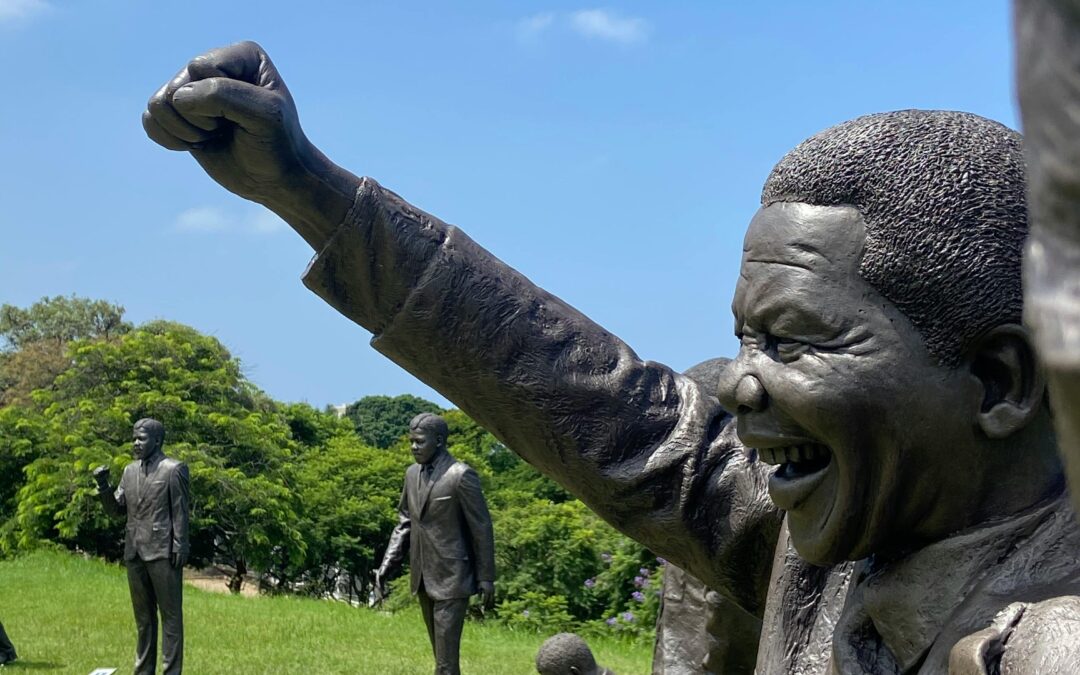Nelson Rolihlahla Mandela, affectionately known by his clan name Madiba, was a statesman remembered as a beacon of hope, resilience, and unwavering commitment to justice with a legacy of peace and reconciliation.
Mandela was born on the 18th of July 1918, into the Thembu royal family in Mvezo, South Africa. He would grow up to become the first black president of South Africa. Mandela’s forename Rolihlahla is a Xhosa term that colloquially means “troublemaker”. Culturally names carry a significance, your name can foreshadow you destiny long before it manifests. Perhaps naming him troublemaker would herald how we would shake up the status quo.
He was given the name Nelson by his teacher on his first day of school. It was a custom of the time stemming from colonial bias for Africans to get an English name when they got into formal education. Mandela’s early education at Methodist missionary schools and later at the University of Fort Hare and the University of Witwatersrand, where he studied law, laid the foundation for his lifelong commitment to justice and equality.
Mandela had a keen interest in African history and African Nationalism which coalesced to become revolutionary ideas against colonialism and the apartheid regime, which would lead him down a long road to freedom.
“When a man is denied the right to live the life he believes in, he has no choice but to become an outlaw.”
-Nelson Mandela
Mandela’s activism led to his arrest in 1962 and subsequent life imprisonment sentence in 1964. He spent 27 years in prison, most of which were spent on Robben Island. Mandela’s spirit remained unbroken. His incarceration became a global symbol of the fight against oppression, galvanizing international support for the anti-apartheid movement.
“During my lifetime I have dedicated myself to this struggle of the African people. I have fought against white domination, and I have fought against black domination. I have cherished the ideal of a democratic and free society in which all persons live together in harmony and with equal opportunities. It is an ideal which I hope to live for and to achieve. But if needs be, it is an ideal for which I am prepared to die.”
– Nelson Mandela, from his statement at the start of his trial in Pretoria on 20 April, 1964.
Mandela was released from prison on the 11th of February 1990, which marked a turning point in South Africa’s history. Rather than seeking retribution, Mandela emerged as a leader committed to reconciliation and nation-building. His vision for a united South Africa, where all citizens could live together in harmony regardless of race, was a testament to his extraordinary capacity for forgiveness and his belief in the power of collective healing.
In 1994, Mandela was elected as South Africa’s first Black president in the country’s first fully democratic elections.

